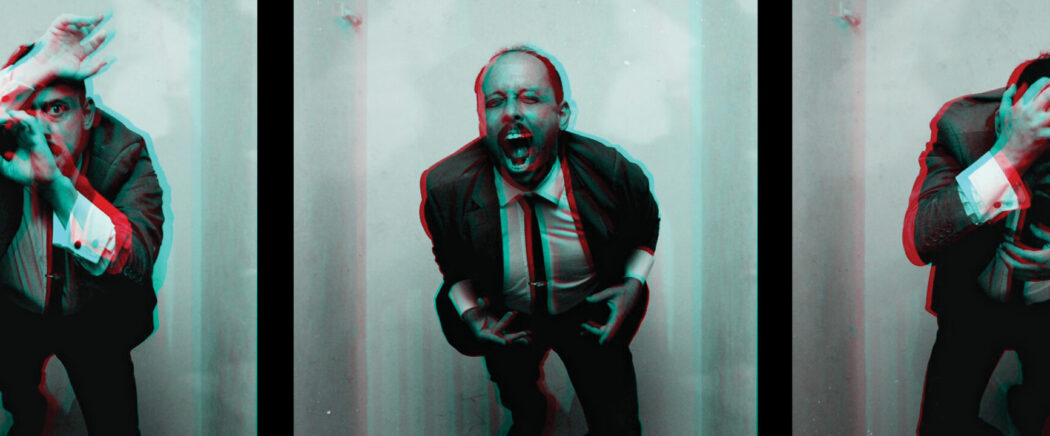What might two films premiering in 1922 and an eight-square-foot closet in the East Village today have in common?
And no, the films aren’t stored in the closet.
Two years after the Great Influenza wreaked havoc across the globe, the silent film, Nosferatu: A Symphony of Horror, one of the earliest ventures in cinematic horror, premiered in Germany. Considered by many as an enduring classic of German expressionism, the film broke ground through director F. W. Murnau’s innovative use of shadow and light as well as optic distortions that cast the unthinkable anxieties of post-war and post-plague Europe into form.
Premiering that same year in America, The Power of Love, introduced audiences to three-dimensional filmmaking via the use of two cameras, two projectors, and red-and-green anaglyph glasses worn by audience members. Considered the first 3D feature film, it afforded viewers the option to choose between one of two endings by looking through either the green or red lens of the eyewear. While The Power of Love would not share the same success or longevity as Nosferatu, the cardboard anaglyph glasses would live on as ubiquitous symbols of simple technology capable of producing novel and unsettling effects.
Jump forward 100 years to the apartment of Joshua William Gelb in the East Village.
While the COVID-19 pandemic shuttered theaters or forced theater makers to awkwardly pivot in-person productions to remote meeting platforms, Gelb and his collaborator Katie Rose McLaughlin used the lockdown as a prompt to rigorously experiment with content and form. Jesse Green noted in the NYTimes that Theater in Quarantine (TiQ) pulled off with little resource what big budget theaters failed to do by creating a new body of “astonishing new digital work” as well as inventing “a new genre entirely.” What began as an experiment in a constructed closet in an East Village apartment became an Obie and Drama League Award winning digital performance lab that continues to produce commissioned live works straight from the closet even as the pandemic recedes.
In this reimagining of Nosferatu where TiQ’s live performance is streamed directly to cell phones and viewed with 3D cardboard glasses, it places audiences at an intersection of past innovation and future possibility in form and genre alike.
Kristin Horton is Associate Professor of Practice in Theater & Directing at NYU Gallatin. She recently directed the world premiere of Chisa Hutchinson’s Whitelisted at the Contemporary American Theater Festival.
